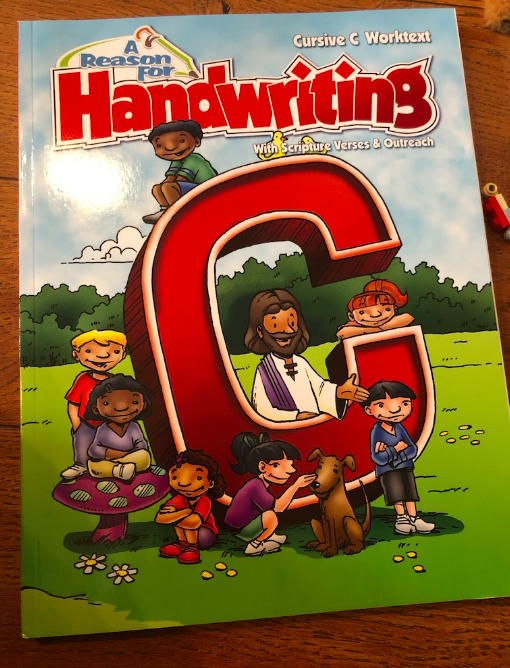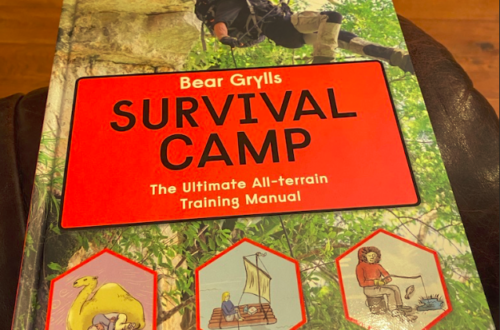All the Stars in the Heavens: A Book Review
It’s been a while since I’ve picked up a lighter fiction work.
I find that time and life have a way of changing and shaping the type of reader I am. (Is that true of just me or does anyone else feel that too?)
I’ve avoided most mainstream modern fiction this past year because it’s so frequently full of glamorizing the types of sin that are wrecking my current reality and I just can’t bring myself to be entertained by that.
On our most recent library trip I stumbled across a name of an author I use to regularly enjoy – Adriana Trigiani.

At least a decade has probably passed since I read one of her novels (which means a decade of life experiences have shifted my outlook) but I recall enjoying her tone and her characters and her story telling.
Her characters are often Italian and their family dramas are the mix and the mess of her plot lines. I loved a series she wrote long ago about the characters in a small Virginia town called Big Stone Gap.
So when I saw All The Stars in the Heavens I impulsively picked up the copy – despite its 14 Day Loan warning sticker on the back. It certainly didn’t last me fourteen days. It was a book I carried to appointments and read while waiting in line at the DMV and stayed up late into the night to finish.
The novel spans the lives of Loretta Young and Clark Gable and it’s completely a work of fiction but the characters were real life people and I don’t even know really why I liked it because I don’t care about old Hollywood movies – I’ve never seen Gone With the Wind and I have to be forced to watch a black and white film.
I can’t say I loved this novel or it was my favorite ever or that you’ll love it with a dying love, but I was interested in the story, I wanted to find out what happened to the characters, it was an engaging read and a satisfyingly distracting novel. I think that’s pretty good for a modern little fiction piece.
The novel was full of the stuff I dislike in stories – unfaithful spouses, broken commitments, poor decisions. But I think it was handled in a manner that didn’t glamorize those choices and instead projected a future with struggle and fall out and burdens and shame and regret. But not without hope. I can stomach that sort of retelling.
It was in parts a love story and in parts a story of a matriarch shaping and forming her family’s legacy – for better and for worse.
In one scene two of the lead characters are in Italy and one is learning the process of making grappa – a strong wine-like beverage made from the remains of the grape. I really liked this line about the grappa — and about life.
It’s the skins of the grape, the seeds, and the stems. Any part that is thrown away to make wine, we put aside for the grappa. Grappa is life. You use everything to make it, all the things that no one wants, that no one can use, we use. Everything in life, whether sweet or bitter, ends up in the glass.
I’m not sure what picture Trigiani wants to leave with readers – and that’s the magic of writing, I guess, is that we get to choose what we walk away from a book with – but, for me, the tale of Loretta Young was far more tragedy than beauty. More a precautionary tale than a fairy tale. It was almost as if Trigiani knew and Loretta Young knew and we all as readers knew – she was never going to be able to get the life she wanted with the choices she had made.


